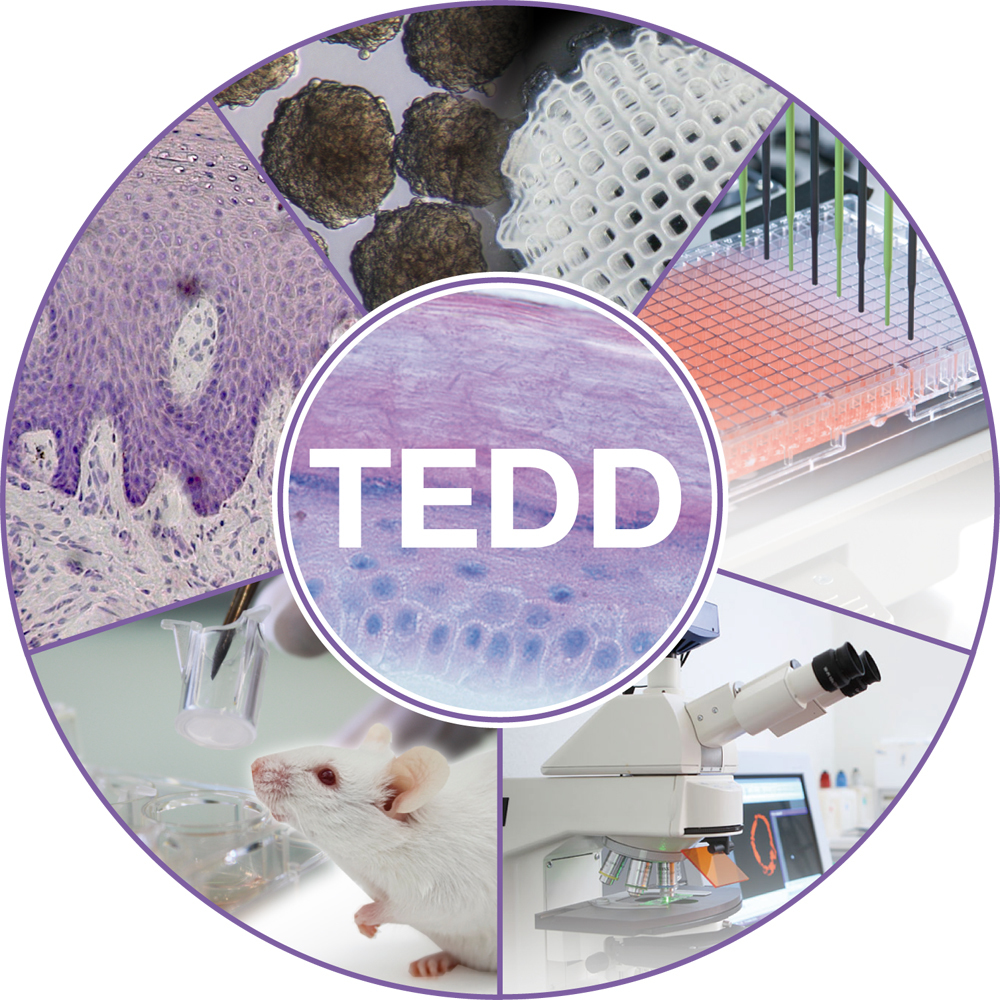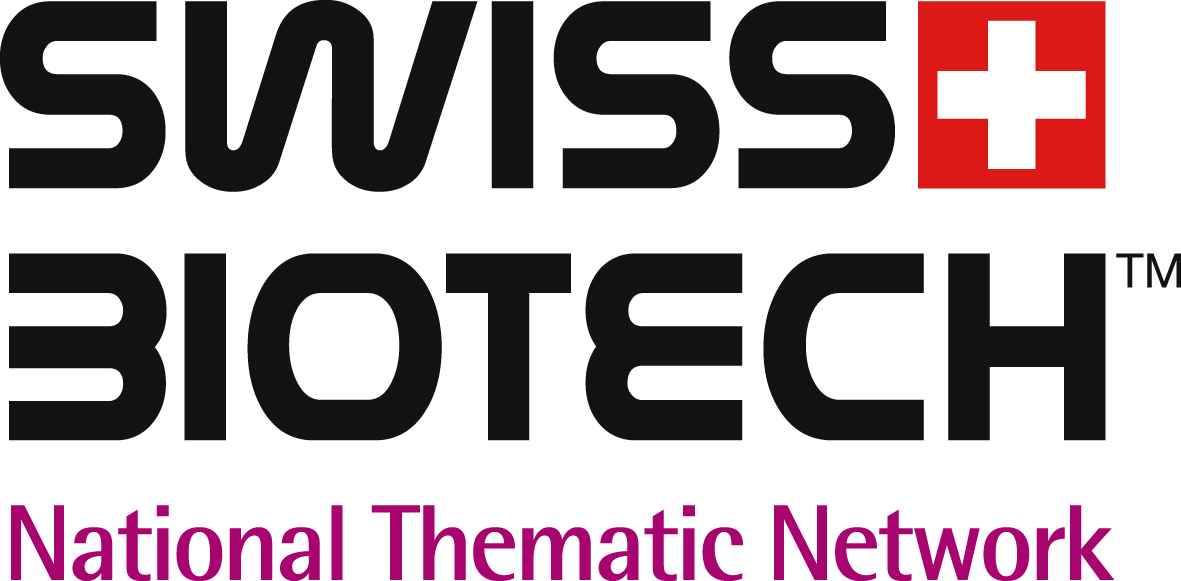Due to the current development of the COVID-19 pandemic the conference will take place online. We are very sorry not to meet you in Konzerthaus Freiburg as originally planned, but very much look forward to welcoming you to an interactive virtual event.
As soon as registered you may get to the virtual platform here:
The online conference programme has been published below. Authors can prepare their lecture/poster presentation according to the instructions.
We are pleased to announce renowned keynote speakers (as of February 2021):
Application of microphysiological systems to drug safety assessment: progress and challenges
Rhiannon David, AstraZeneca, Cambridge/UK
Advancing regulatory science through innovation; in vitro microphysiological systems
Suzanne C. Fitzpatrick, CFSAN/FDA, College Park Maryland, MD/USA
Toward a world of ElectroGenetics
Martin Fussenegger, ETH Zurich/CH
Organotypic 3D models to characterize the molecular requirements of immune cell infiltration and activation
Wolfgang Sommergruber, University of Applied Sciences, Vienna/A
(subject to change, as of 30 April 2021)
Wednesday, 5 May 2021
| 10:00 |
Opening and Technical Remarks |
|---|---|
Synthetic Biology, Screening Platforms and Metabolomics
|
|
| 10:10 |
Keynote Lecture 1
Toward a world of ElectroGeneticsM. Fussenegger¹; ¹ ETH Zurich/CH |
| 10:40 | Advanced in vitro management of three-dimensional cell cultures and explanted tissue S. Kreß¹; D. Egger¹; C. Kasper¹ ¹ University of Natural Resources and Life Sciences (BOKU), Vienna/A |
| 10:55 |
Label-free measurements of the metabolic activity within 3D cell culture model via automated 3D microphysiometry |
| 11:10 |
P2.2.04 Hypoxia or normoxia: mesenchymal stem cells and chondrocytes with a genetically integrated hypoxia sensor in different 3D cell culture systems |
| 11:15 |
EU-OPENSCREEN: A novel collaborative model for accelerating early phase drug discovery |
| 11:30 | Discussion with all speakers of this session |
| 11:45 | Lunch Break |
Advanced 3D Models for Tumor ResearchChair: J.M. Kelm, PreComb Therapeutics AG, Wädenswil/CH |
|
| 13:30 |
Keynote Lecture 2
Organotypic 3D models to characterize the molecular requirements of immune cell infiltration and activationW. Sommergruber¹; A. Osswald²; I. Voelkl³; V. Hedrich³; A. Rudisch³; N. Harrer³; M. Dong⁴; H. van der Kuip⁴; A. Wernitznig³; A. Bernthaler³; J. Lipp³; S. Rebelo⁵; C. Pinto³; C. Brito⁵; S. Hall⁶ ¹ University of Applied Sciences Vienna/A; ² Boehringer Ingelheim Pharma GmbH & Co. KG, Biberach/D; ³ Boehringer Ingelheim RCV GmbH & Co KG, Vienna/A; ⁴ University of Tuebingen/D; ⁵ iBET, Universidede Nova de Lisboa/P; ⁶ University Hospital Bern/CH |
| 14:00 |
Development of a 4D-in vitro-test system for specificity and potency of 3rd generation chimeric antigen receptor-T-cells (CAR-T-cells) based on microcavity array-bioreactors ² University Hospital Heidelberg/D |
| 14:15 |
3D modelling of the chronic lymphocytic leukaemia microenvironment |
| 14:30 | Targeting the fibrotic tumor microenvironment: Novel 3D co-culture organoids for pancreatic adenocarcinoma (PDAC) drug discovery J. Hänsel¹; K. Peter¹; T. Kurz²; R. Mrsny³; N. Teusch¹ ¹ Universität Osnabrück/D; ² Heinrich-Heine-Universität Düsseldorf/D; ³ University of Bath/UK |
| 14:45 |
P3.3.01 Generation of multicellular spheroid culture models of pediatric vital tumor samples obtained through the INFORM registry study for functional studies |
| 14:50 | Discussion with all speakers of this session |
| 15:05 |
Poster Session 1 / Exhibition |
| 16:45 |
End of Day 1 |
|
17:00 -18:00 |
Section Member Assembly DECHEMA Sections "Cell Culture Technology" and "Medical Biotechnology" |
Complex and Multi-Celltype ModelsChair: C. Kasper, University of Natural Resources and Life Sciences, Vienna/A |
|
| 09:00 |
Image based quantification of myeloid cell repolarization and their interplay within the tumor microenvironment in 3D |
| 09:15 | Application of ultrasmall gold nanoparticles (2 nm) in a 3D blood-brain-barrier in vitro model V. Sokolova¹; G. Mekky²; S. van der Meer¹; M. Seeds³; A. Atala³; M. Epple¹ ¹ University of Duisburg-Essen, Essen/D; ² Zagazig University/ET; ³ Wake Forest School of Medicine, Winston-Salem, NC/USA |
| 09:30 |
Manufacturing of functional beta cell-mesenchymal stem cell-spheroids for transplantation or drug testing ² University of Giessen/D |
| 09:45 | Assembly of multi-spheroid cellular architectures by programmable droplet merging H. Cui¹; A. Popova¹; P. Levkin¹ ¹ Karlsruher Institut für Technologie (KIT), Eggenstein-Leopoldshafen/D |
| 10:00 |
P1.2.01 Development of a new human organotypic 3D urinary bladder epithelium model in complex whole blood co-culture with immune cells |
| 10:05 |
Discussion with all speakers of this session |
| 10:20 |
Coffee Break |
Innovative Microphysiological Systems IChair: U. Marx, TissUse GmbH, Berlin/D |
|
| 11:00 |
Keynote Lecture 3
Application of microphysiological systems to drug safety assessment: progress and challengesR. David¹; ¹ AstraZeneca, Cambridge/UK |
| 11:30 | OncoChip - A novel microfluidic platform for compound efficacy testing on human 3D microtumors M. Pawlak¹; S. Yüz²; B. Gierke¹; J. Hofmann³; U. Härle²; S. Werner²; B. Hagmeyer²; Z. von Guttenberg³; M. Stelzle²; C. Schmees² ¹ NMI TT Pharmaservices, Reutlingen/D; ² NMI Natural and Medical Sciences Institute at the University of Tübingen, Reutlingen/D; ³ ibidi GmbH, Gräfelfing/D |
| 11:45 |
P2.1.02 Applying a microphysiological 3D human liver – islet microtissue platform to study drug – drug interaction |
| 11:50 |
P1.1.07 |
| 11:55 |
Discussion with all speakers of this session |
| 12:10 |
Lunch Break |
| 13:30 |
Poster Session 2 / exhibition |
Innovative microphysiological systems IIChair: J. Hansmann, Universitätsklinikum Würzburg/D |
|
| 15:00 |
Keynote Lecture 4
Advancing regulatory science through innovation; in vitro microphysiological systemsS. Fitzpatrick¹ ¹ Center for Food Safety and Applied Nutrition / FDA, College Park, MD/USA |
| 15:30 | A human immuno-competent microphysiological alveolus-on-chip model to study microbial pathogenesis K. Rennert¹; S. Deinhardt-Emmer²; E. Schicke²; Z. Cseresnyés³; S. Nietzsche²; M. Raasch¹; G. Makert dos Santos⁴; S. Ulbert⁴; P. Loskill⁵; C. Ehrhardt²; B. Löffler²; A. Mosig² ¹ Dynamic42 GmbH, Jena/D; ² University Hospital Jena/D; ³ Leibniz Institute for Natural Product Research and Infection Biology - Hans Knöll Institute (HKI), Jena/D; ⁴ Fraunhofer Institute for Cell Therapy and Immunology, Leipzig/D; ⁵ Fraunhofer Institute for Interfacial Engineering and Biotechnology, Stuttgart/D |
| 15:45 | Micro-physiological system for prolonged cultivation of immune competent lung tissue ex vivo S. Böhlen¹; S. Konzok¹; S. Behrens²; F. Schmieder²; F. Sonntag²; A. Braun¹; S. Dehmel¹; K. Sewald¹ ¹ Fraunhofer Institute for Toxicology and Experimental Medicine ITEM & Biomedical Research in Endstage and Obstructive Lung Disease Hanover (BREATH), Hanover/D; ² Fraunhofer Institute for Material and Beam Technology IWS Dresden/D |
| 16:00 |
P3.1.01 Development of vascularized melanoma skin equivalents for studying metastasis and anti-melanoma therapies |
| 16:05 |
Discussion with all speakers of this session |
| 16:20 |
Award Ceremony
|
| 16:45 |
Virtual Get Together at "wonder"
|
| 18:00 |
End of Day 2 |
Investigating Host-Microbial InteractionsChair: I. Prade, Forschungsinstitut für Leder und Kunststoffbahnen (FILK) gGmbH, Freiberg/D |
|
| 09:00 | Microengineered in vitro model of the small intestine epithelium for studying host-bacteria interactions M. García-Díaz¹; M. Cendra¹; R. Alonso-Román¹; E. Torrents¹; E. Martínez¹ ¹ Institute for Bioengineering of Catalonia (IBEC), Barcelona/E |
| 09:15 | Matrix-free culture of intestinal organoids in thermoformed microwells P. Kakni¹; S. Giselbrecht¹; R. Truckenmüller¹; P. Habibovic¹ ¹ Maastricht University/NL |
| 09:30 | Investigating human cytomegalovirus infection in human vessels based on novel in vitro and in vivo model systems A. Dittrich¹; I. Kutle¹; D. Wirth¹ ¹ Helmholtz Centre for Infection Research, Braunschweig/D |
| 09:45 |
Discussion with all speakers of this session |
| 10:00 |
Coffee Break |
Bioprinting and Enabling TechnologiesChair: M. Rimann, Zurich University of Applied Sciences, Wädenswil/CH |
|
| 10:30 | Fabrication of human jawbone models using stereolithographic 3D bioprinting A. Amler¹; A. Thomas¹; T. Lam²; M. Geiger²; A. Kreuder¹; C. Palmer²; S. Nahles³; R. Lauster¹; L. Kloke² ¹ TU Berlin/D; ² Cellbricks GmbH, Berlin/D; ³ Charite Universitätsmedizin Berlin/D |
| 10:45 | Drop-on-demand bioprinting solutions for the fabrication of 3D cell culture systems aiming for in vitro screening applications K. Tröndle¹; A. Itani¹; F. Koch¹; R. Zengerle²; P. Koltay¹; S. Zimmermann¹ ¹ University of Freiburg/D; ² Hahn-Schickard, Freiburg/D |
| 11:00 | Using peptide hydrogels to build 3D cell disease and tissue models for drug discovery A. Miller¹; ¹ University of Manchester/UK |
| 11:15 | Discussion with all speakers of this session |
| 11:30 | Closing Remarks |
| 11:35 | End of the Conference |
Florian Fuchs, NUVISAN ICB GmbH, Berlin/D
Jan Hansmann, Universitätsklinikum Würzburg/D
Hansjörg Hauser, Helmholtz Centre for Infection Research, Braunschweig/D
Cornelia Kasper, University of Natural Resources and Life Sciences, Vienna/A
Jens M. Kelm, PreComb Therapeutics AG, Wädenswil/CH
Uwe Marx, TissUse GmbH, Berlin/D
Tobias May, InSCREENeX GmbH, Braunschweig/D
Ralf Pörtner, Hamburg University of Technology/D
Ina Prade, Forschungsinstitut für Leder und Kunststoffbahnen (FILK) gGmbH, Freiberg/D
Markus Rimann, Zurich University of Applied Sciences, Wädenswil/CH
Heinz Ruffner, Novartis Institutes for BioMedical Research, Basel/CH
Karin Tiemann, DECHEMA e. V., Frankfurt am Main/D
The topics of the 3D Cell Culture 2021 are as follow:
• Advanced models for substance testing
• Innovative disease models
• Multi-cell type models
• Deviations from 3D models to the patient
• Microphysiological and multi-organ technologies
• New devices for 3D cell culture
• Advanced imaging technologies
• High-throughput and automation
• 3D printing
• Bioinformatics, systems biology, modelling
• 3D models for therapies
• Prediction of drug efficacy and safety
• Precision medicine
• Translation of models to solutions
• Regulatory aspects
• 3D models to investigate infectious diseases
The 3D Cell Culture 2021 conference will focus on advanced and predictive 3D cell culture models for the understanding of diseases and substance testing. This includes complex systems like multi-cell type models, multi-organ and microphysiological systems.
The successful development and application of 3D cell culture relies on innovative enabling technologies like new devices, printing and imaging technologies, analytical tools, high-throughput and automatisation.
A key question is the successful translation of models to clinical and industrial applications. What are the success stories? How can 3D models be used to predict therapies or to investigate infectious diseases? Where are the hurdles, also in the regulatory context?
In addition to scientific presentations, the exhibition will showcase practical applications, products and solutions and further stimulate discussion between researchers, solution providers and users.
The 3D Cell Culture conference is an initiative of the DECHEMA working groups “Cell Culture Technology” and “Medical Biotechnology”
in cooperation with
 |
 |